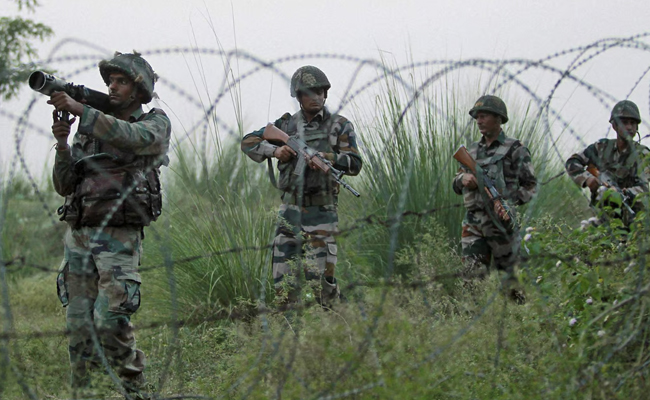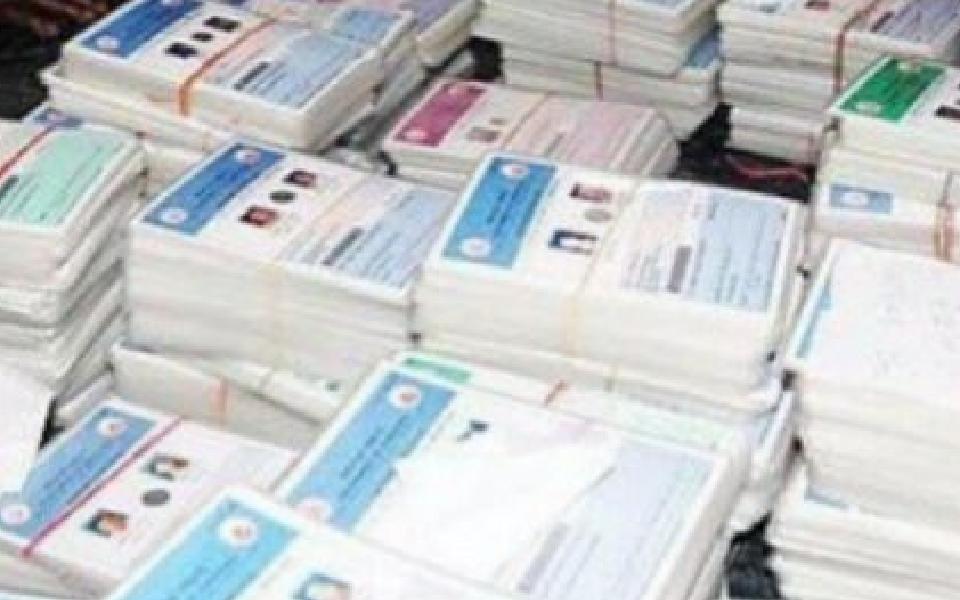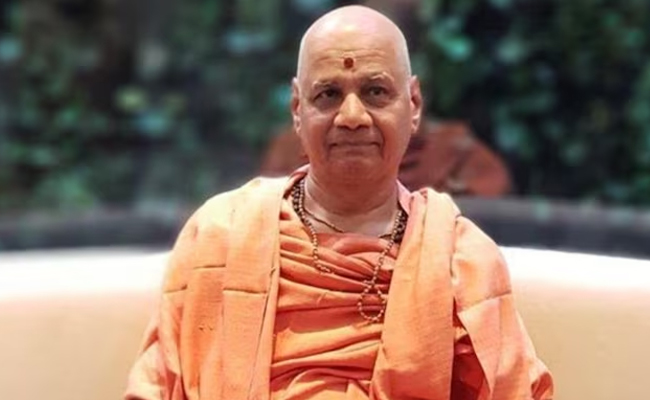Poonch/Jammu (PTI): Over 26,000 young aspirants participated in a recruitment rally conducted by the army after a gap of five years in Jammu and Kashmir’s border district of Poonch, officials said on Sunday.
The recruitment rally commenced at Advance Landing Ground in Surankote on November 8 to fill 307 vacancies for soldier general duty and 45 vacancies for clerks and tradesmen in the Territorial Army, they said.
The rally was open to the candidates from 31 Tehsils of Jammu division, including Poonch, Rajouri, Reasi and Jammu districts, for soldier general duty while the candidates from entire Jammu and Kashmir were eligible to apply for clerks and tradesmen positions.
“Over 26,000 enthusiastic candidates across the region took part in the selection process, showcasing their physical and mental readiness to serve the nation during the 10-day rally,” said an official of the army recruitment office, expressing satisfaction over the response of the youth.
He said the recruitment drive was organized with the objective of providing employment opportunities and encouraging the youth to join the armed forces.
The aspirants underwent various physical tests, including a 1.6 km run, chin-ups and other endurance exercises, followed by medical examinations and documentation checks, the official said.
"The response from the local youth has been tremendous. It is heartening to see such enthusiasm and passion to join the Indian Army. We are committed to providing a fair and transparent selection process," an officer of the Territorial Army said.
He said around 4000 candidates have cleared the ground test and will participate in the medical examination.
The locals lauded the army for organizing the recruitment drive in the border district.
“This is a significant step towards addressing unemployment in the border areas and instilling a sense of pride and patriotism among the youth,” said Syed Imtiaz Kazmi, a prominent citizen of Surankote.
The officials said the event was conducted with strict adherence to safety protocols, ensuring that the large gathering was managed smoothly.
The recruitment process is expected to continue for the next three days, they said, adding this recruitment rally marks yet another milestone in the Indian Army's ongoing efforts to strengthen its bond with people, providing new opportunities for the youth in the region that has historically faced challenges related to employment and development.
Many young aspirants expressed their hopes of securing a place in the prestigious armed forces, with dreams of serving the nation and supporting their families.
Mohd Asad, a local resident of Poonch, said that he joined the rally for the first time. “I am ready to serve the nation by joining the army,” he added.
Another aspirant Mohd Iqbal from Haveli area of Poonch thanked the army for providing them an opportunity to serve the nation.
Let the Truth be known. If you read VB and like VB, please be a VB Supporter and Help us deliver the Truth to one and all.
Udupi (Karnataka), Nov 17: Police on Sunday said that they have arrested an accused in connection with the hit- and-run incident that led to the death of an auto driver at Belapu military colony of Kapu taluk on November 13.
Prajwal Shetty, son of Congress leader Deviprasad Shetty of Belapu, had allegedly sped away after the SUV he was driving rammed into Mohammad Hussain's bike.
Hussain (39) died following the accident.
ALSO READ: Puttur: Dead body of worker who died during work left on road in front of house
The Kapu police have arrested Prajwal Shetty on charges of a "hit and run case".
According to the police, Hussain, who was critically injured, was taken to hospital, but soon died due to multiple injuries.
On investigation by the police, it was found that the SUV belonged to Prajwal Shetty. Further probe is on.





